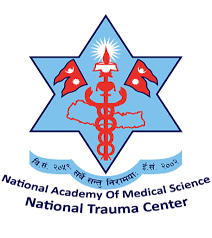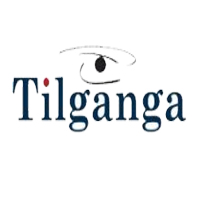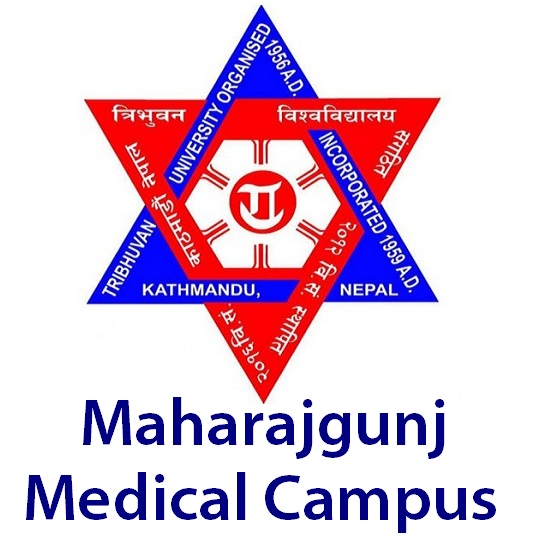Overview
MD Dermatology at Kathmandu Medical College, Kathmandu, Nepal (affiliated with KU)
Course Overview
The Doctor of Medicine (MD) in Dermatology at Kathmandu Medical College (KMC), affiliated with Kathmandu University, is a comprehensive program that provides postgraduate training in the field of dermatology, venereology, and leprosy. This course is designed to develop the essential skills and knowledge required to diagnose and manage a broad range of skin diseases and disorders.
Course Outlines
The MD Dermatology curriculum covers a wide range of topics, including clinical dermatology, dermatopathology, procedural dermatology, venereology, leprology, cosmetology, and community dermatology. Students also receive extensive training in research methodology, dermatologic surgery, and dermatologic therapeutics. The program provides substantial clinical exposure, enabling students to gain practical skills.
Duration
The MD Dermatology program is typically completed over a period of three years.
Objectives
The objective of this program is to produce competent dermatologists who are well-versed in the diagnosis, management, and prevention of skin diseases. The course also seeks to equip students with the ability to critically analyze and conduct research in the field of dermatology.
Eligibility
Applicants to the MD Dermatology program should have a recognized MBBS degree and have completed their internship. Admission to the program is also contingent upon the successful completion of an entrance examination conducted by Kathmandu University.
Learning Outcomes
Upon completion of the program, graduates will have acquired a comprehensive understanding of the various skin diseases and their treatment modalities. They will have developed the ability to diagnose and manage dermatologic conditions effectively and will be capable of conducting and analyzing dermatologic research.
Scope
An MD in Dermatology provides graduates with numerous opportunities in various sectors of the healthcare industry. Graduates can serve in hospitals, skin clinics, nursing homes, or can start their own private practice. Opportunities in academia and research are also plentiful.
Fees Structures
For specific details regarding the fee structure, candidates are advised to directly contact the administration office at Kathmandu Medical College.
Career Prospects
Career prospects for an MD Dermatology graduate include roles as a consultant dermatologist, aesthetic dermatology specialist, dermato-surgeon, and even roles in academics as a lecturer or professor.
Career Options
Graduates have a range of career options open to them, from practicing dermatology in various healthcare settings to specializing further in fields like pediatric dermatology, dermatopathology, or cosmetology.
Why Choose this Course
Choosing to specialize in Dermatology allows for a career that is continually evolving with the advent of new diagnostic techniques and treatments. If you have an interest in treating a diverse range of skin diseases and improving patients' quality of life, this course will be a fitting choice.
What After
Post completion of MD Dermatology, one may consider sub-specializations or fellowships in fields like dermatopathology, pediatric dermatology, or aesthetic dermatology. There are also opportunities to engage in advanced research or teaching roles in the discipline.
Scholarship
For information regarding scholarships, candidates should contact the Kathmandu Medical College administration office.
For the most accurate and complete information, prospective students should contact Kathmandu Medical College directly or visit their official website.
Contact Kathmandu Medical College's administrative office for detailed information on the MD Dermatology course, including fees, scholarships, facilities, counseling, eligibility criteria, etc.

















